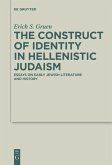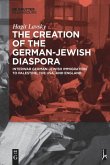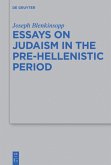A collection of seventeen essays on pre-modern Hebrew poetry in honor of Wout van Bekkum. The articles in this volume all seek to examine how the religious, cultural, and social context in which the poet functioned impacted on and is visible, either explicitly or more elliptically, in their poetical oeuvre. For this purposes a broad understanding of "world" has been accepted, including both the natural world and the constructed one (society, culture, language) as well as the spiritual and emotional world. History, a pillar of the man-made constructed world, has been used to determine the boundaries: from Late Antiquity to the Middle Ages, and-in instances where the topic connects to older traditions-to Early Modern Judaism, i.e. pre-modern Hebrew (and Aramaic) poetry. The articles in this volume, in the breadth of their temporal and spatial range and their multiplicity of approaches and methodologies, highlight the richness of contemporary scholarship on Hebrew poetry. The volume invites the reader to engage with this astonishing body of poetry, while providing a glimpse into the world of the pay anim, and the cultures and societies from which they drew their ininspiration and to which they made such important contributions.
Bitte wählen Sie Ihr Anliegen aus.
Rechnungen
Retourenschein anfordern
Bestellstatus
Storno








